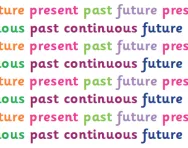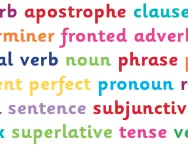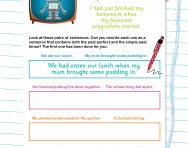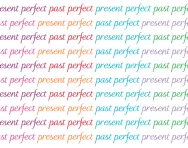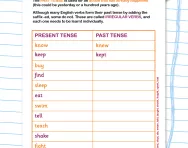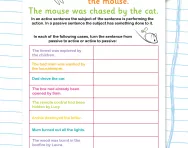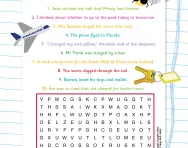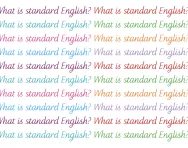Important update from TheSchoolRun
For the past 13 years, TheSchoolRun has been run by a small team of mums working from home, dedicated to providing quality educational resources to primary school parents. Unfortunately, rising supplier costs and falling revenue have made it impossible for us to continue operating, and we’ve had to make the difficult decision to close. The good news: We’ve arranged for another educational provider to take over many of our resources. These will be hosted on a new portal, where the content will be updated and expanded to support your child’s learning.
What this means for subscribers:
- Your subscription is still active, and for now, you can keep using the website as normal — just log in with your usual details to access all our articles and resources*.
- In a few months, all resources will move to the new portal. You’ll continue to have access there until your subscription ends. We’ll send you full details nearer the time.
- As a thank you for your support, we’ll also be sending you 16 primary school eBooks (worth £108.84) to download and keep.
A few changes to be aware of:
- The Learning Journey weekly email has ended, but your child’s plan will still be updated on your dashboard each Monday. Just log in to see the recommended worksheets.
- The 11+ weekly emails have now ended. We sent you all the remaining emails in the series at the end of March — please check your inbox (and spam folder) if you haven’t seen them. You can also follow the full programme here: 11+ Learning Journey.
If you have any questions, please contact us at [email protected]. Thank you for being part of our journey it’s been a privilege to support your family’s learning.
*If you need to reset your password, it will still work as usual. Please check your spam folder if the reset email doesn’t appear in your inbox.
What are irregular verbs?
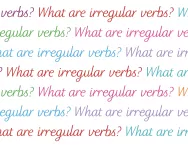
What are irregular verbs?
A verb is a doing or being word (for example: sit, talk, eat, think, feel).
A verb tense tells us when the action or state described by the verb happened. The three main verb tenses in English are the present, the past, and the future.
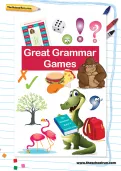
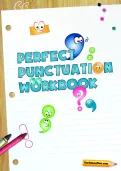
Download Fantastic FREE Grammar Resources!
- Perfect Punctuation Workbook
- Grammar Games Pack
- PLUS 100s of other grammar resources
How do irregular verbs work?
When we put a verb into the past tense, we usually add the suffixes -d, -ed or -ied, for example: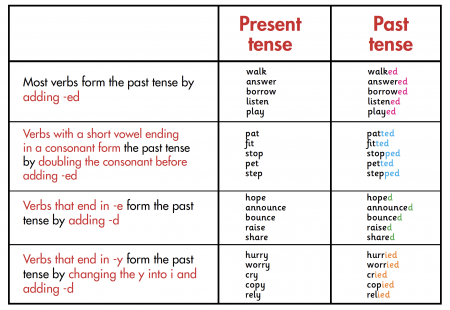
Some verbs are irregular and do not follow this pattern but form their past tense in a particular way (by changing a vowel, for example); sometimes their past participle is the same as the past tense (as it is in regular verbs), but sometimes it differs.
The past participles in blue below are ones that differ from the past tense of the verb.
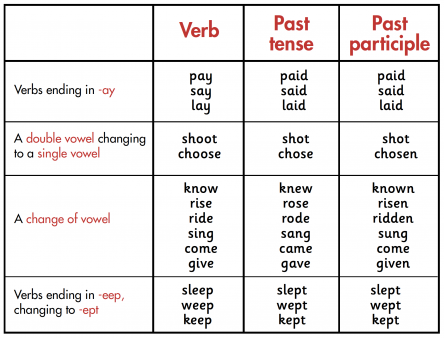
The past participle of a verb is used:
- to describe an action that has been completed in the past using the past perfect tense, 'The floor has been swept'
- to write a sentence in the passive voice: 'The jacket was torn by Louise'
- as an adjective: 'Nothing can mend my broken heart'
While most verbs form their different tenses according to an established "formula", some verbs do not form their tenses in a regular way and are called irregular verbs.
When do children learn about irregular verbs in primary school?
In Year 1, children will learn how to add the suffix -ed to a regular verb to put it into the past tense (for example: hunt - hunted, jump - jumped, etc.).
In Year 2, children will learn about verbs that have a short vowel and a consonant (for example, pop). When these verbs are put in the past tense, the last consonant needs to be doubled before -ed is added (popped).
Though there is nothing in the national curriculum to say that irregular verbs should be explicitly taught at primary school, most of us learn them simply by speaking and writing the English language every day.
The correct use of irregular verb forms is part of Standard English and it is something that is likely to be picked up on for individual children through a teacher's marking.

